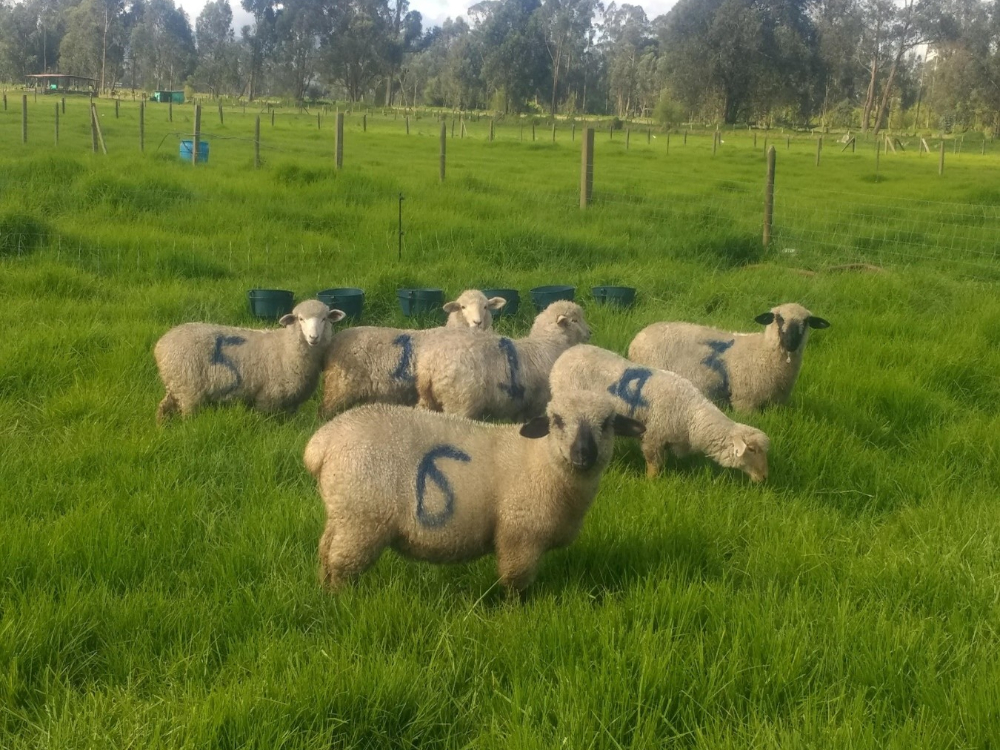- Colombian researchers develop new biological formulations that could transform parasite control in small ruminants.
Mosquera, Cundinamarca. May 29, 2023. A scientific breakthrough has emerged in the fight against gastrointestinal nematodes in sheep. A group of Colombian researchers has published a groundbreaking article in the country that reveals how new formulations of the nematophagous fungus Duddingtonia flagrans could contribute to the sustainable control of these parasites in post-weaning lambs in the Andean region of Colombia.
The article, entitled "Evaluation of new formulations of nematophagous fungi Duddingtonia flagrans to control gastrointestinal nematodes in post-weaning lambs in Colombia Andean region," presents an innovative, alternative, and sustainable approach to fight against the main sanitary limitation in Colombian sheep farming.
Diego Francisco Cortés Rojas, Ph.D. from the bioproducts department of Corporación colombiana de investigación agropecuaria, AGROSAVIA, said, "The fungus Duddingtonia flagrans is a microorganism that has the amazing ability to control gastrointestinal nematodes in ruminants avoiding the use of anthelmintic drugs. When administered orally to animals, the fungus is excreted in the feces, displaying its hyphae that capture and kill nematodes. This process prevents the larvae from spreading in the pasture and reinfecting the animals, thus, contributing to sheep health and productivity."
The importance of this research lies in the need to find biological alternatives to control these parasites in sheep and other species, such as cattle. Resistance to anthelmintic drugs is a growing problem both in Colombia and worldwide. In addition, these traditional medicines can negatively affect the environment and leave residues in food of animal origin, thus, affecting human health. Using Duddingtonia flagrans opens the door to a more innocuous, organic, and sustainable approach with a positive impact on animal health and the environment.
According to Dr. Diego Francisco, "Gastrointestinal nematodes are a constant concern for sheep producers since they can cause weight loss, reduce productivity and even cause the death of the animals. Especially in Colombia, where sheep production is carried out mainly by small producers, the parasite problem is aggravated by the anthelmintic resistance developed by parasites to conventional drugs. The availability of biological control agents, such as nematophagous fungi, becomes an invaluable tool for integrated parasite control and animal health care."
The next stage in developing the bioproduct based on this fungus is obtaining an ICA registration. The Corporation has held meetings with ICA to explain the characteristics of this innovative product that, although considered a veterinary biological product, its use differs from that of a vaccine or parenteral medication.
The article published in the scientific journal Small Ruminant Research can be consulted by clicking here.
- More information here:
- María Elena Londoño Rubio
- Communications, Identity and Corporate Relations Professional
- Research Center Tibaitatá
- Communications, Identity and Corporate Relations Advisory Office
- melondono@agrosavia.co
- AGROSAVIA





